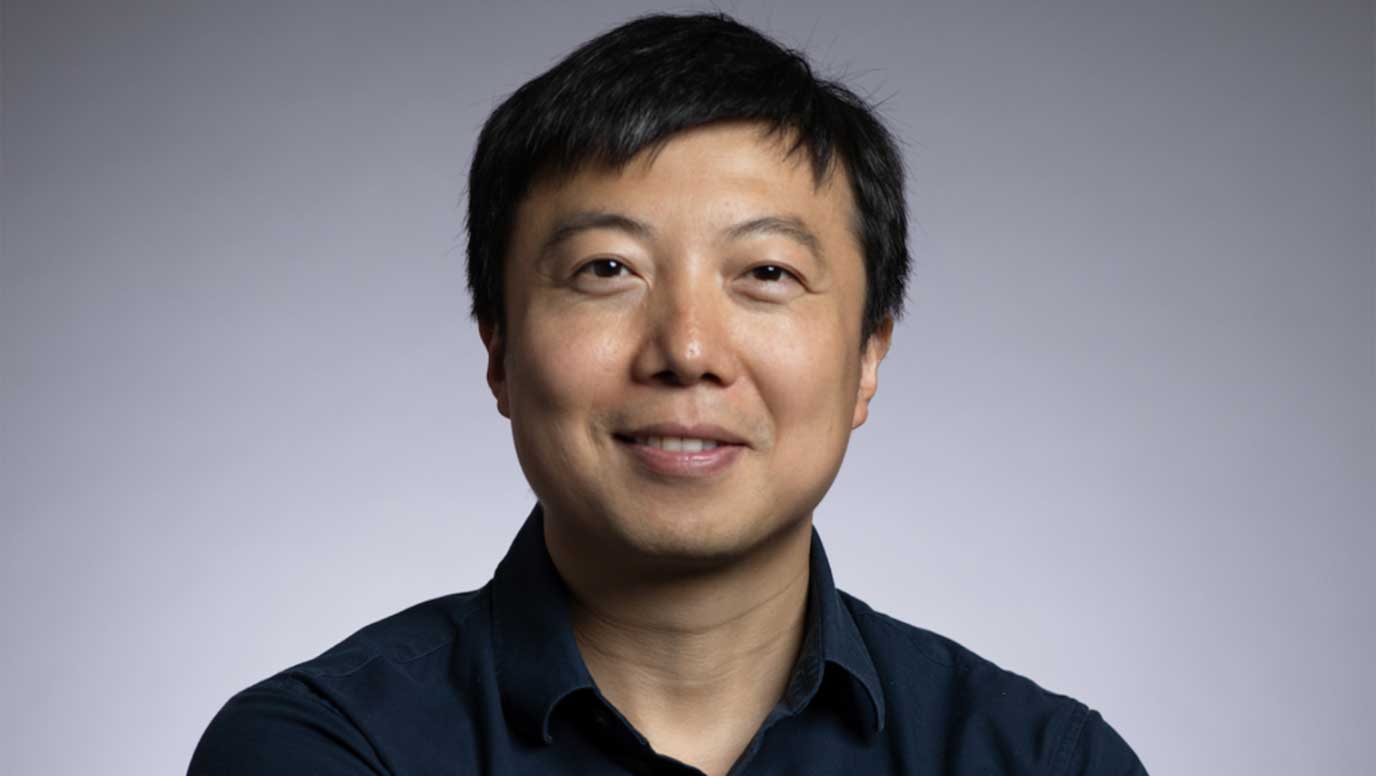Shift Bioscience opens Toronto base to serve North America

Shift uses an AI powered virtual cell to fight age-related diseases and recently secured a significant seed funding round. Its new team, based in Toronto, will advance development of the company’s platform for discovery of rejuvenation gene targets.
The team will be led by Lucas Camillo, Head of Machine Learning, with Professor Bo Wang appointed as Senior Advisor. Camillo will be relocating to Toronto to oversee the further development of the company’s virtual cell platform, leveraging the team’s expertise to explore novel capabilities and identify new rejuvenation gene targets.
By expanding into this AI hub, the company gains access to top machine learning talent, enabling it to further strengthen its IP portfolio and develop new capabilities for its virtual cell platform.
With an estimated 2024 market share of 32.92 per cent, North America is a global hotspot for AI and machine learning scientists. Following the close of the company’s $16 million Seed funding round in October, establishing a presence in this region forms a key part of the company’s AI-focused strategy.
Professor Bo Wang will work closely with Lucas to guide ongoing development of the technology. Bo is a renowned expert in the field of AI and computational biology, specialising in AI-powered virtual cells.
He is currently Assistant Professor at the University of Toronto, where his lab develops machine learning algorithms for a breadth of applications, including clinical tools for personalised patient care and cell simulation.
Bo is also Chief AI Scientist for the University Health Network, Canada’s leading research hospital, and holds a Canada CIFAR AI Chair from the Vector Institute. He has published multiple first-author papers in high-profile journals including Nature Methods and Nature Communications.
Lucas Camillo said: “North America boasts some of the world’s most successful AI companies and the importance of being able to access the region’s extensive talent pool cannot be understated.
“I look forward to working closely with Bo to build out a world-class team of machine learning scientists and to continue development of our virtual cell platform as an invaluable tool to unlock new gene targets that could potentially treat even the most debilitating of age-related diseases.”
Professor Wang added: “Embracing the transformative power of AI is crucial to developing innovative treatments that can transform patient care. Shift Bioscience’s virtual cell technology is doing just that – unlocking new gene targets that have the potential to address the growing burden of age-related diseases.
“I’m pleased to be joining the team and to draw on my experience in cell simulation to accelerate the development of the company’s powerful virtual cell platform.”

